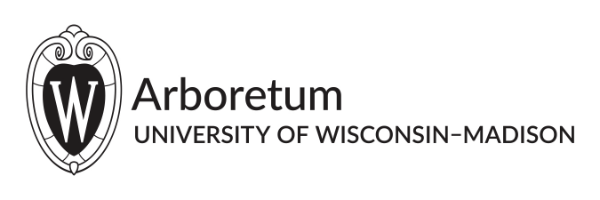Forty Best-practices Instructional Activities
Genre Analysis
| Back to 40 Best-practices Instructional Activities |
- Descriptive writing paints word pictures or creates a strong impression in the reader’s mind.
- Expository writing explains, defines, teaches, or expands a concept through example, metaphor, or anecdotes.
- Persuasive writing convinces the reader to adopt a given point of view or urges the reader toward some specific action prompted by solid evidence.
- Narrative writing tells a story that is centered on some question, tension, or conflict and that has a strong beginning, a high point, and a sense of resolution.
- Informational writing provides an in-depth examination of a given subject, sometimes through a variety of means, including definition, analysis, comparison, and evaluation.
- Technical writing increases the expertise of a targeted audience by explaining or clarifying information of a specialized nature. In
- Clarification writing, a writer states whether s/he likes or dislikes something. The writer then supports his/her reasoning with three or more specific details and summarizes his/her opinion in a concluding sentence. Example: What is your favorite season? Why? Reflective or
- Expressive writing includes personal writing such as journals, field notebooks or science logs, portfolios, and reflective/expressive poems.
Procedures: After reading a selection, students classify the text as descriptive, expository, persuasive, narrative, informational, technical, clarification, or expressive. They collect words, phrases, and sentences from the text to support their classification. Students may determine that a selection belongs in more than one category. Focus discussion and instruction on students’ reasoning rather than the choice of category.
Examples: Writing prompts for different genres are provided in the Reading and Writing Connection Lessons. See the Writer’s Workshop section of the lessons for samples.
Variations: Ask students to circle words that provide clues to the type of writing the text reveals. Invite students to rewrite a text in another form. For example, after reading an expository selection, students use the facts revealed about a topic to write a reflective response, an expressive poem, a persuasive editorial, or a fictional narrative.
Reading Strategies: Activate Prior Knowledge, Analyze Ideas from Text, Build Vocabulary, Identify Main Ideas and Details, Summarize Information, Synthesize Ideas, Make Connections, Identify Author’s Viewpoint and Purpose


